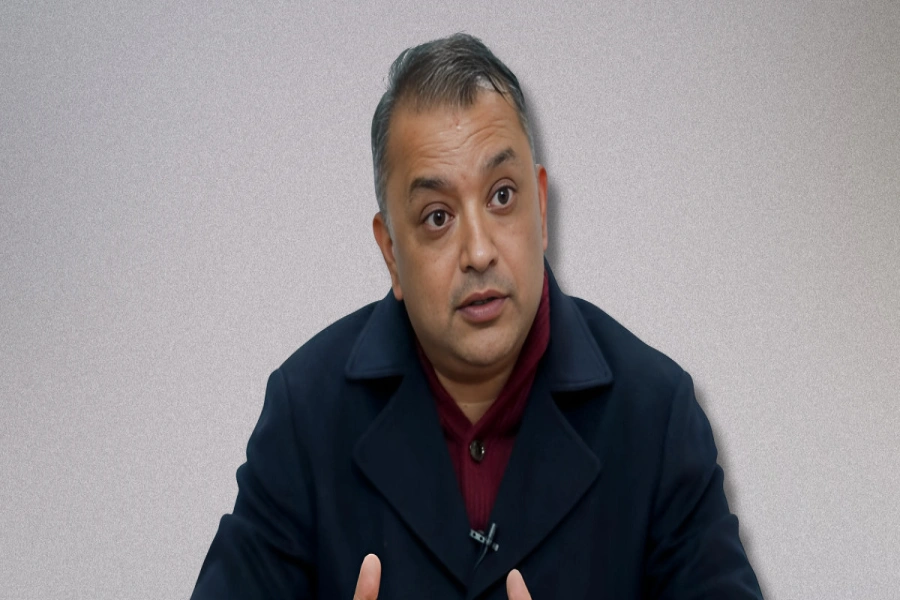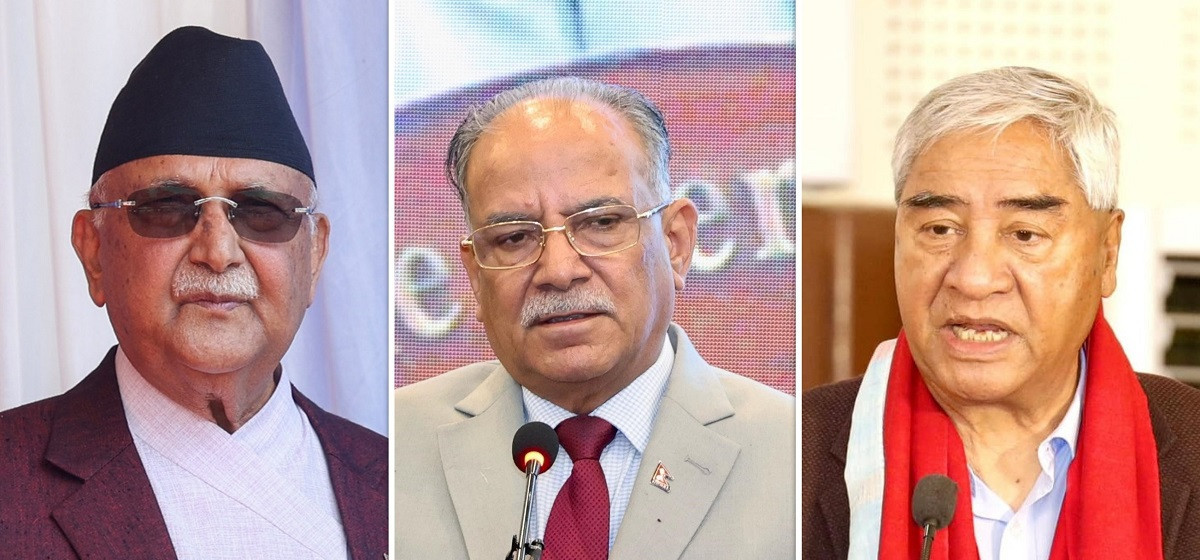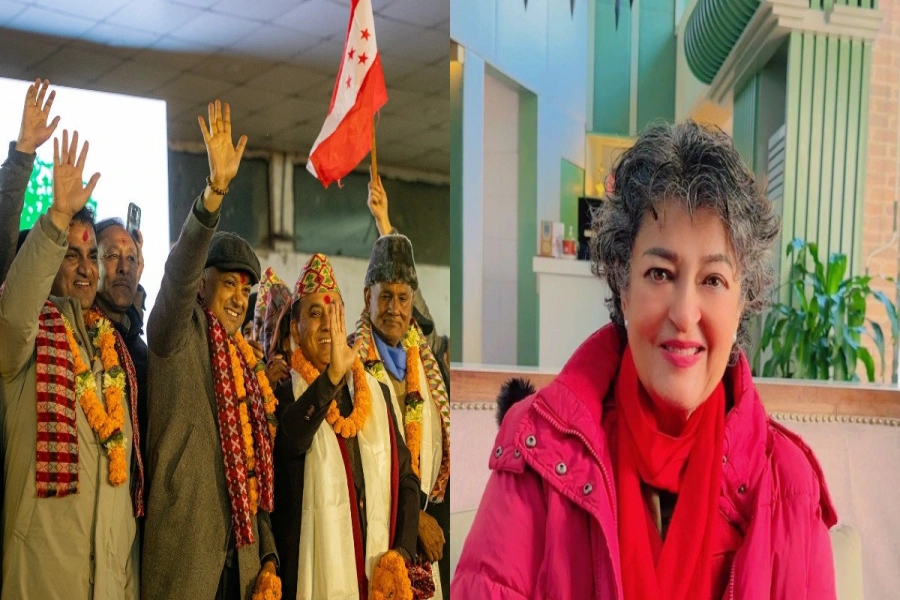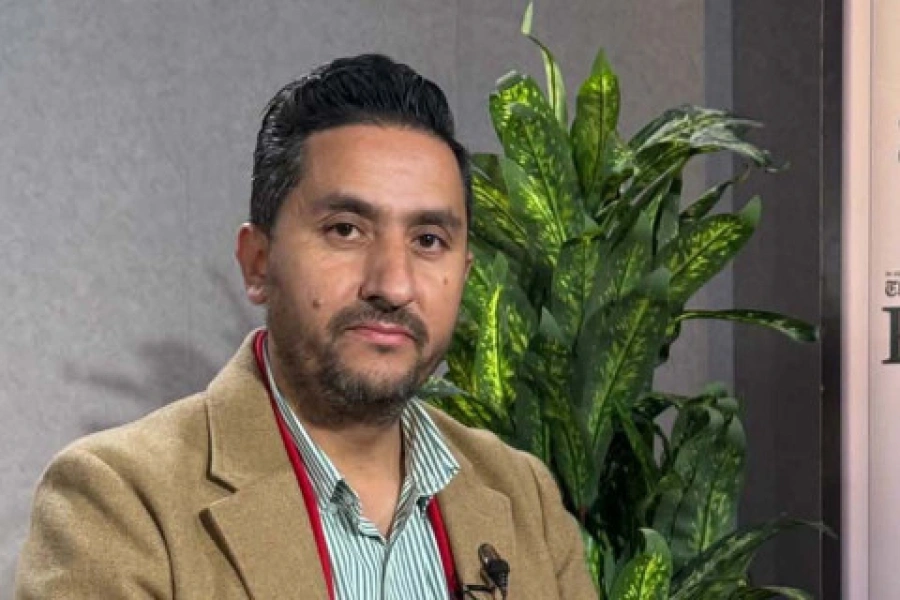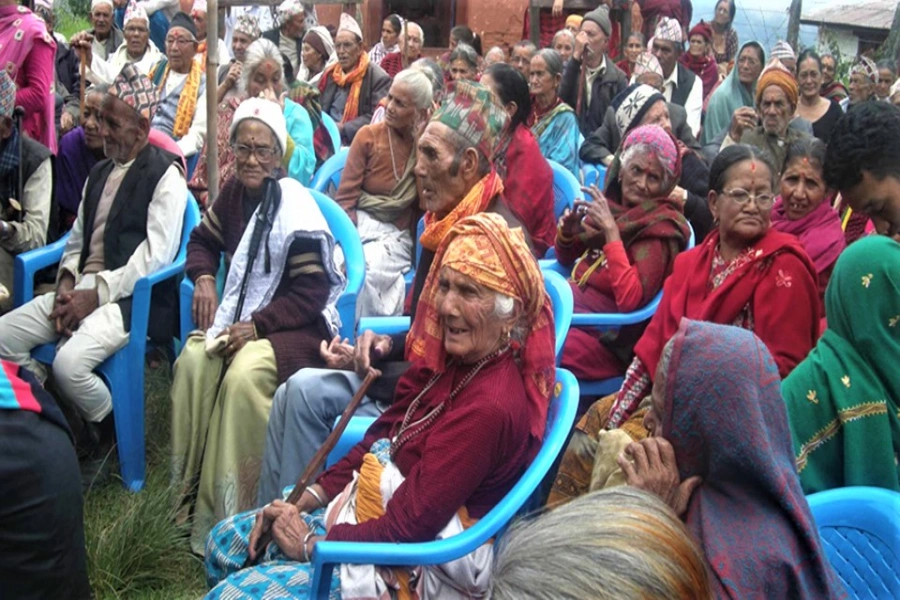Can you head a constitutional body, after retirement from civil service, and yet claim allowances and benefits in both capacities? Can you become the deputy head of the state, again after retiring from civil service, and yet claim benefits in both the capacities? The incidents of high profile officials from top constitutional and political posts claiming pensions and benefits from their former positions, even while they are also drawing salaries and benefits from their current positions, raise this moral question. Republica has found out that some of the top ranking officials from the constitutional bodies—including the former vice president—are claiming and enjoying double benefits. Deep Basnyat, for example, was appointed as a commissioner of the Commission for the Investigation of Abuse of Authority (CIAA) after he retired from the post of secretary. He was later promoted to the post of chief commissioner of the anti-graft body. He then stopped claiming his pension but only until he retired from the post of CIAA head. Then he went to Pension Management Office and claimed the sum of Rs 800,000 in pension.
Impunity for politicians encouraging physical assault on bureau...

Basnyat is only a case in point. Former Vice President Paramananda Jha has also been doing the same. He receives monthly perks and benefits as a former deputy head of state while also getting a monthly pension as former justice of Supreme Court (SC). Chairperson of National Human Rights Commission (NHRC), Anup Raj Sharma, has also been drawing his pension regularly ever since he retired as Chief Justice in March 2010 while also enjoying perks and benefits in the current capacity of NHRC chief. Many former bureaucrats serving in constitutional positions are doing so. The state appoints former bureaucrats in constitutional bodies to benefit from their expertise and years of experience they have gained in their respective fields. This, in a way, is an honor accorded to their expertise and service. Likewise, many of the retired government officials are hired by private companies and development agencies and are paid lucrative money. But they do not stop claiming money from the state. It would do well for their reputation if they, after serving the country in higher positions, set the right example. This is possible. Former bureaucrats Umesh Mainali (now chief of Public Service Commission) and Leelamani Paudyal (now Nepali Ambassador to China) have refrained from claiming double benefits.
Yes, the law does not bar former bureaucrats serving in constitutional and political posts to claim dual benefits but internationally, in cases of post-retirement appointment, officials choose between salaries and pensions. They don’t claim both. Nepal had taken some measures to discourage this trend. In 2004, Ministry of General Administration had issued a directive and the CIAA had directed the government agencies to end the practice of double benefits. Also in 2016, the government had asked former officials getting appointment at various constitutional or government bodies to choose between pension and salary from their current positions. In the country where politicians are often criticized for lacking moral integrity, if our former bureaucrats serving in post-retirement appointments give up this practice of claiming double benefits, it would set a right moral precedent.






